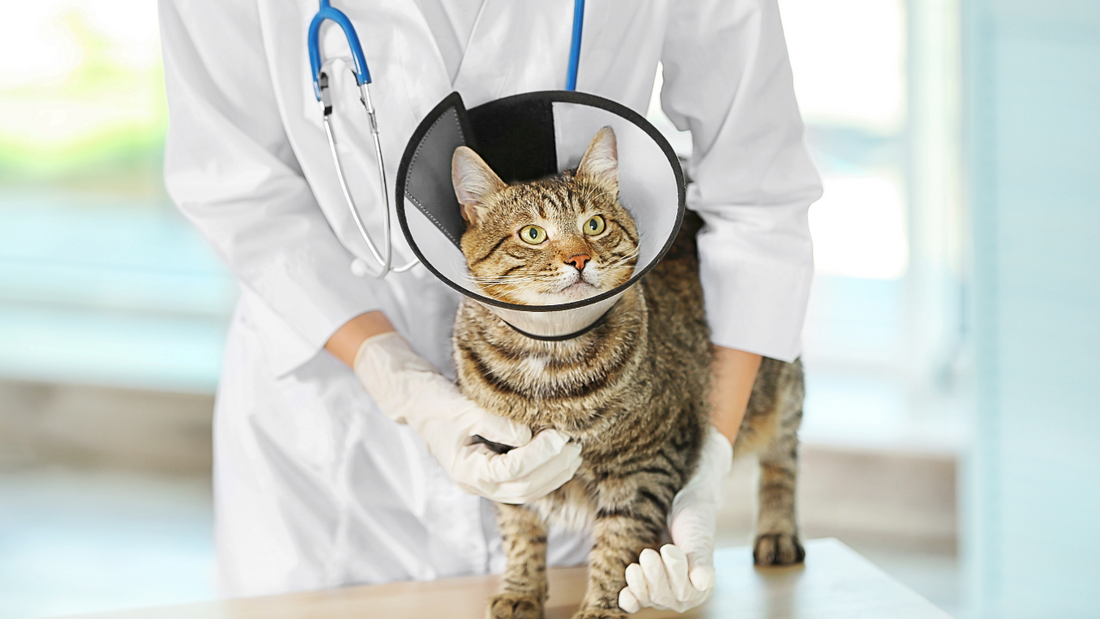
Expert Insights on Worm Treatment for Cats: An Interview with Veterinarian Dr. Emily Grant
Dealing with worms can be a stressful experience for cat owners. To help clear up some of the confusion and provide valuable advice, we spoke with Dr. Emily Grant, a veterinarian specializing in feline care. Dr. Grant shares her professional insights on worm treatment, prevention strategies, and answers common questions from concerned cat owners.
Q: Dr. Grant, why is it crucial for cat owners to be aware of worm infestations?
Dr. Grant: Worm infestations can have significant health implications for cats, ranging from mild gastrointestinal discomfort to severe conditions like anemia and organ damage. Even if a cat appears healthy, worms can still be present and cause internal damage. Awareness and prompt treatment are key to maintaining a cat’s overall health and wellbeing.
Q: What are the most common types of worms that infect cats, and how do they typically get them?
Dr. Grant: The most common types of worms in cats are roundworms, tapeworms, and hookworms. Cats usually get roundworms through ingesting contaminated soil or prey. Tapeworms are often contracted by swallowing infected fleas during grooming. Hookworms can enter through ingestion or directly through the skin from contaminated environments.
Q: What symptoms should cat owners look out for if they suspect a worm infestation?
Dr. Grant: Common symptoms include weight loss, a dull coat, vomiting, diarrhea, and a pot-bellied appearance, especially in kittens. You might also see segments of tapeworms, which look like grains of rice, around the cat’s anus or in their feces. If you notice any of these signs, it's important to consult your vet.
Q: How are worm infestations typically diagnosed and treated?
Dr. Grant: Diagnosis is usually made through a fecal examination, where a sample of the cat's stool is analyzed for worm eggs. Treatment involves specific deworming medications that target the type of worm identified. These medications can be in the form of pills, liquids, or topical applications. Your vet will recommend the best course of action based on the type of worms and the cat's overall health.
Q: Can you explain the importance of preventive care in managing worm infestations?
Dr. Grant: Preventive care is essential in managing and preventing worm infestations. Regular deworming, based on your vet's recommendations, helps keep worm populations under control. Additionally, maintaining a clean living environment, practicing good hygiene, and using flea prevention treatments are all crucial steps in preventing worms.
Q: Are there any specific products or treatments you recommend for preventing worms?
Dr. Grant: There are several effective products on the market, both prescription and over-the-counter. Products like Revolution, Advantage Multi, and Drontal are popular choices for broad-spectrum worm prevention. However, it's always best to consult with your vet to choose the most suitable option for your cat's specific needs.
Q: What are some common myths about worm treatment that you’d like to debunk?
Dr. Grant: One common myth is that indoor cats don’t need deworming. Even indoor cats can be at risk from worm eggs brought in on shoes or from the occasional flea. Another myth is that natural remedies like garlic can effectively treat worms. Not only is garlic ineffective, but it is also toxic to cats. Always rely on vet-approved treatments.
Q: How can cat owners make the process of administering worm treatments easier?
Dr. Grant: Patience and a calm environment are key. For pills, hiding them in a tasty treat or using a pill pocket can help. Liquid medications can be mixed with a small amount of food. For topical treatments, apply them when the cat is relaxed, perhaps after a meal. If you're struggling, don't hesitate to ask your vet for a demonstration.
Q: Finally, what advice would you give to cat owners to ensure their pets remain healthy and worm-free?
Dr. Grant: Regular veterinary check-ups are essential. Follow your vet’s deworming and flea control recommendations, maintain good hygiene, and monitor your cat for any signs of illness. Being proactive is the best way to ensure your cat stays healthy and happy.
Worm infestations are a common but manageable part of cat ownership. With the right knowledge and preventive measures, you can keep your feline friend healthy and free from these pesky parasites. Always consult your veterinarian for the best advice and treatment options tailored to your cat's needs.


